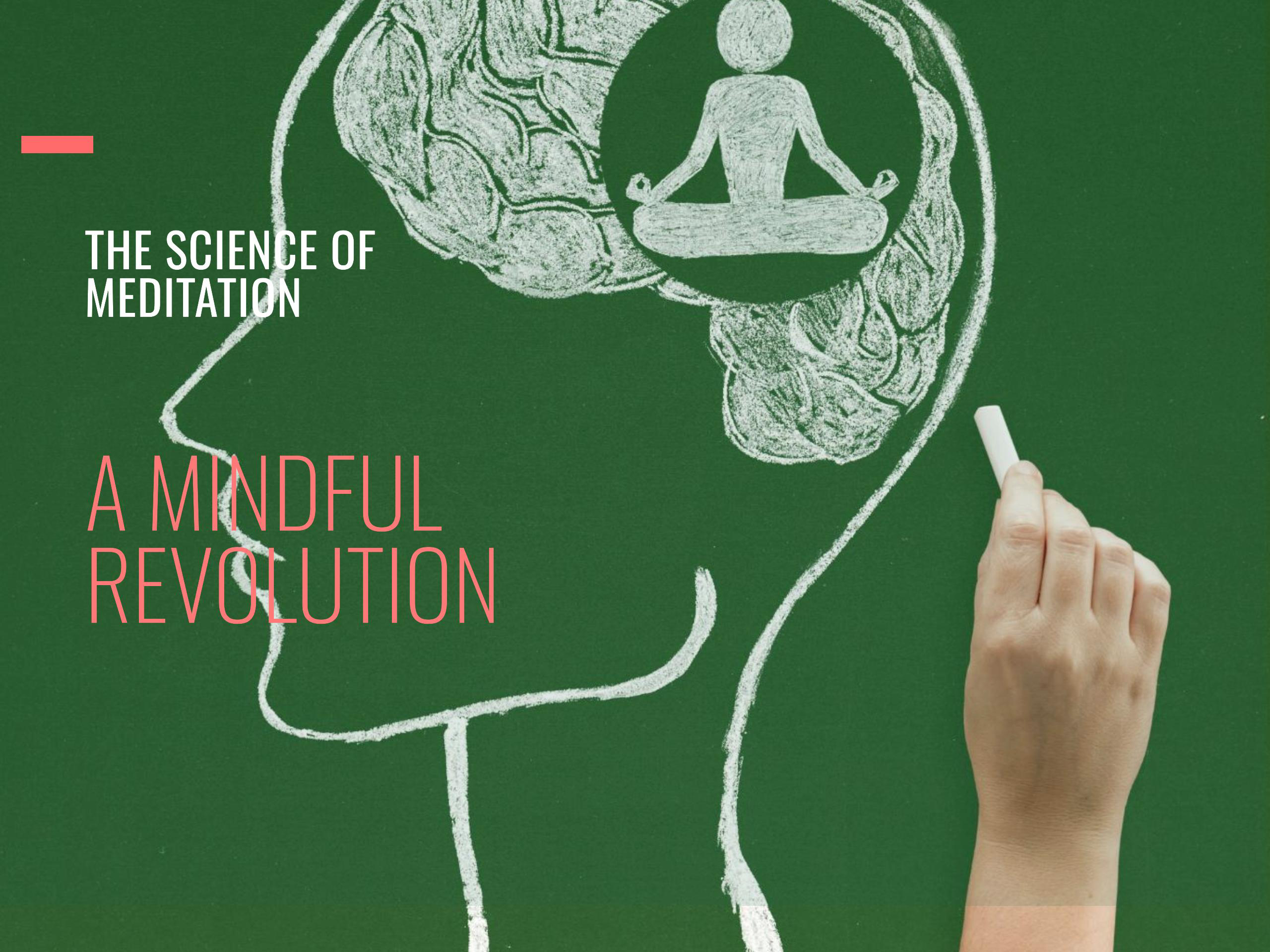A Mindful Revolution: The Science of Meditation

Meditation, often associated with spiritual practices, has increasingly found its place in the realm of modern science. Numerous studies have demonstrated its profound impact on both mental and physical well-being. One of the most fascinating aspects of meditation is its ability to transform the structure and function of the brain.

The Brain's Plasticity
The human brain is incredibly adaptable. This phenomenon, known as neuroplasticity, allows the brain to change and rewire itself in response to experiences. Meditation, particularly mindfulness meditation, has been shown to significantly enhance neuroplasticity.
How does meditation affect the brain?
- Increased gray matter: Studies have found that regular meditation can lead to an increase in gray matter, particularly in areas associated with emotion regulation, learning, and memory.
- Enhanced connectivity: Meditation can improve the connectivity between different regions of the brain, leading to better communication and coordination.
- Reduced stress: Mindfulness meditation has been shown to reduce stress and anxiety, which can have a positive impact on brain health.
- Improved attention and focus: Regular meditation can enhance attention span and focus, making it easier to concentrate on tasks.
- Increased empathy: Some studies suggest that meditation can increase empathy and compassion.
Specific Brain Changes Associated with Meditation
- Prefrontal cortex: This area of the brain is responsible for decision-making, planning, and personality. Meditation has been shown to increase the thickness of the prefrontal cortex, which may contribute to improved cognitive function.
- Amygdala: The amygdala plays a crucial role in emotional processing, particularly fear and anxiety. Meditation has been linked to a reduction in the size of the amygdala, which may explain its stress-reducing effects.
- Insula: The insula is involved in self-awareness, empathy, and interoception (the ability to sense internal bodily states). Meditation has been shown to enhance insula activity.

The Benefits of Meditation
The positive effects of meditation on the brain extend beyond cognitive function. Regular meditation has been associated with:
- Improved sleep quality
- Reduced chronic pain
- Enhanced immune function
- Increased overall well-being
In conclusion, meditation is not just a spiritual practice; it is a powerful tool for transforming the brain. By harnessing the power of neuroplasticity, meditation can lead to a variety of benefits, including improved mental health, cognitive function, and overall well-being. If you're interested in exploring the science of meditation and experiencing its benefits firsthand, consider incorporating a meditation practice into your daily routine.
#MindfulRevolution #MeditationScience #MentalWellness #Mindfulness #PersonalGrowth
Photo: @Freepik, @unsplash

